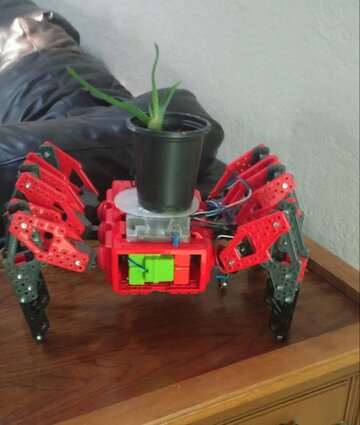Randall
J. Randall Murphy
It reads to me like the old Nature vs. Nurture debate wrapped-up in new packaging. Not long ago I took a tour through that for the purpose of discerning the extent to which monogamy in humans is the product of social conditioning versus inborn instinct. From that tour it I discovered that some evolutionary psychologists feel that over time the line between nature and nurture breaks down, each influencing the other in aco-evolutionary manner. But it takes a long time. Many generations. Genetically, we're still pretty much identical to the way we were in Roman times ( even before ).Here is a recent paper introducing a forthcoming volume that should be helpful to us at this point: Bringing Darwin into the social sciences and the humanities: cultural evolution and its philosophical implications Stefaan Blancke1,2 • Gilles Denis3 https://link.springer.com/content/p...&utm_medium=email&utm_campaign=toc_40656_40_2
Consequently moral values ( like monogamy ) which have their roots in ancient Roman law that was perpetuated and spread by the church, haven't influenced human nature sufficiently to breed humans who are genetically predisposed to monogamy. Hence humans remain a non-monogamous species with an overlay of mono social conditioning ( especially in Western culture ) that begins pretty much at birth. So Western culture is constantly at odds with its core nature, and that manifests as a significant issue in many relationships, over half of which ( depending on the year and source of stats ) break-up over issues of insecurity, jealousy, dishonesty, and betrayals surrounding the issue of monogamy.
Now back to your regular programming.

